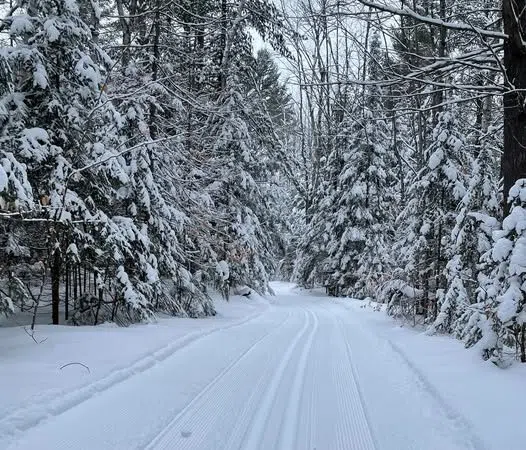U.S. Attorney for the Western District of Michigan Mark Totten today announced that Andrew Blair Howard, 63, of Sparta and Frankfort, Michigan, was sentenced to 60 months’ probation and ordered to pay $22,472.22 in total restitution to the National Park Service and U.S. Coast Guard, along with $3,947.71 in costs related to the court proceedings.
U.S. Magistrate Judge Ray Kent further banned Mr. Howard as a term of his probation from being on National Park Service property, including Sleeping Bear Dunes National Lakeshore.
The government did not seek a sentence of imprisonment for Mr. Howard. Judge Kent imposed the sentence after previously finding Mr. Howard guilty at trial.
U.S. Attorney Mark Totten issued the following statement:
“Mr. Howard had a policy dispute with the National Park Service over whether to dredge the Platte River. Reasonable people can disagree on the best course of action, but Congress gave NPS the power to decide. While Mr. Howard had the right to disagree and advocate for his position, he did not have the right to take the law into his own hands and force his favored result. Doing so was a misdemeanor, and this sentence holds Mr. Howard accountable for his offense.”
Howard was previously convicted at trial in February 2024 of two federal misdemeanors for tampering and vandalism at Sleeping Bear Dunes National Lakeshore in connection with an August 15, 2022, diversion of the Platte River. In August 2022, National Park Service law enforcement officers investigated reports of a diversion of the Platte River near its mouth where it meets Lake Michigan. Evidence at trial showed that on August 15, 2022, Howard used a shovel to dig sediment and rocks from the river basin and stacked large rocks on a dam to divert the river’s natural water flow toward a newly created channel out to Lake Michigan, contrary to a decision by the National Park Service to let the river follow its natural course.
The National Park Service expended significant resources by deploying NPS personnel and Coast Guard resources to evaluate the impact on the National Lakeshore, including on the Platte River, adjoining habitats, and affected wildlife. The Platte River area is home to protected wetlands, coastal dunes, plants, and wildlife. Several endangered animal species and threatened plant species make the Platte River area their home, including the piping plover, a small migratory bird that nests along the sand and shore of Lake Michigan, and Pitcher’s thistle, a native thistle that grows along the sand dunes of Lake Michigan.
Due to the significant decrease in—and the partial absence of—water levels after the diversion, as well as changes to the flow and speed of the river, NPS staff observed wetland vegetation drying and ultimately dying within and along the river. Overall, the change in water levels caused by the diversion drained the wetlands and negatively impacted many plants and aquatic invertebrates in the process. Given the volume and power of water moving through the diversion, and after careful consideration of impacts to affected ecosystems and wildlife, NPS concluded that major remediation to restore the area to its natural state was not advisable because the remediation would involve substantial disturbance to the fragile ecosystems of the area. NPS continues to monitor and assess the damage and situation.
The diversion also created an unauthorized access for large boats to enter Platte Bay. Within days, the natural power of the water and the dam caused the new channel to reach approximately 200 feet wide. The following aerial photograph on the left, taken in May of 2022, shows the natural flow of the Platte River running parallel to Lake Michigan. The photograph on the right taken by the U.S. Coast Guard shows the same area approximately three days after the diversion, with the channel emptying directly into Lake Michigan.























Comments